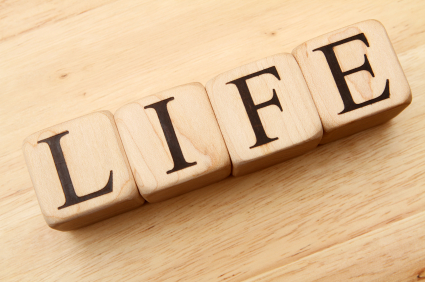TECHNOLOGY
The simplest form of technology is the development and use of basic tools. The prehistoric discovery of how to control fire and the later Neolithic Revolution increased the available sources of food and the invention of the wheel helped humans to travel in and control their environment. Developments in historic times, including the printing press, the telephone, and the Internet, have lessened physical barriers to communication and allowed humans to interact freely on a global scale. The steady progress of military technology has brought weapons of ever-increasing destructive power, from clubs to nuclear weapons. Technology has many effects. It has helped develop more advanced economies (including today's global economy) and has allowed the rise of a leisure class. Many technological processes produce unwanted by-products known as pollution and deplete natural resources to the detriment of Earth's environment. Innovations have always influenced the values of a society and raised new questions of the ethics of technology. Examples include the rise of the notion of efficiency in terms of human productivity, and the challenges of bioethics.

EDUCATION

Education is the process of facilitating learning, or the acquisition of knowledge, skills, values, beliefs, and habits. Educational methods include storytelling, discussion, teaching, training, and directed research. Education frequently takes place under the guidance of educators, but learners may also educate themselves. Education can take place in formal or informal settings and any experience that has a formative effect on the way one thinks, feels, or acts may be considered educational. The methodology of teaching is called pedagogy. Education is commonly divided formally into such stages as preschool or kindergarten, primary school, secondary school and then college, university, or apprenticeship. A right to education has been recognized by some governments and the United Nations. In most regions, education is compulsory up to a certain age.
LIFE SCIENCE & HEALTH CARE
Life is a characteristic distinguishing physical entities having biological processes, such as signaling and self-sustaining processes, from those that do not, either because such functions have ceased, or because they never had such functions and are classified as inanimate. Various forms of life exist, such as plants, animals, fungi, protists, archaea, and bacteria. The criteria can at times be ambiguous and may or may not define viruses, viroids, or potential artificial life as "living". Biology is the primary science concerned with the study of life, although many other sciences are involved.


ONLINE RETAIL
Retail markets and shops have a very ancient history, dating back to antiquity. Over the centuries, retail shops were transformed from little more than "rude booths" to the sophisticated shopping malls that we know today. Retailing involves the process of selling consumer goods or services to customers through multiple channels of distribution to earn a profit. Retailers satisfy demand identified through a supply chain. Some of the earliest retailers were itinerant peddlers. The term "retailer" is typically applied where a service provider fills the small orders of a large number of individuals, who are end-users, rather than large orders of a small number of wholesale, corporate or government clientele. Shopping generally refers to the act of buying products. Sometimes this is done to obtain final goods, including necessities such as food and clothing; sometimes it takes place as a recreational activity. Recreational shopping often involves window shopping (just looking, not buying) and browsing: it does not always result in a purchase.
MANUFACTURING
Manufacturing is the production of merchandise for use or sale using labour and machines, tools, chemical and biological processing, or formulation. The term may refer to a range of human activity from handicraft to high tech, but is most commonly applied to industrialproduction, in which raw materials are transformed into finished goods on a large scale. Such finished goods may be sold to other manufacturers for the production of other, more complex products, such as aircraft, household appliances, furniture, sports equipment or automobiles, or sold to wholesalers, who in turn sell them to retailers, who then sell them to end users and consumers

MEDIA AND ENTERTAINMENT

Communication channels through which news, entertainment, education, data, or promotional messages are disseminated. Media includes every broadcasting and narrowcasting medium such as newspapers, magazines, TV, radio, billboards, direct mail, telephone, fax, and internet. Media is the plural of medium and can take a plural or singular verb, depending on the sense intended. 2. Data storage material divided into three broad categories according to the recording method: Magnetic, such as diskettes, disks, tapes, Optical, such as microfiche, and Magneto-Optical, such as CDs and DVDs.
ENTERPRISE
Enterprise Rent-A-Car is an ongoing American success story. Our guiding principles, and humble beginning, revolve around personal honesty and integrity. We believe in strengthening our communities one neighborhood at a time, serving our customers as if they were our family, and rewarding hard work. These things are as true today as they were when we were founded in 1957
